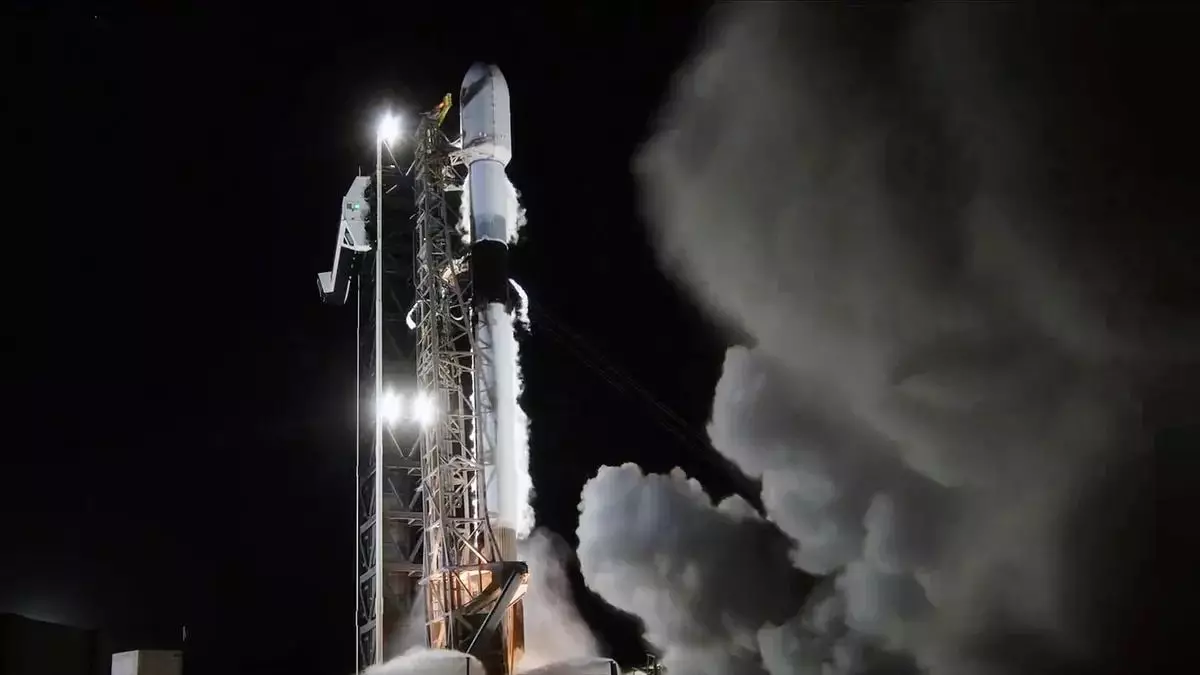On April 21, 2023, a powerful Falcon 9 rocket lifted off from Cape Canaveral Space Force Station, embarking on the ambitious Bandwagon-3 mission. This launch was not merely another tick on the calendar of space exploration; it marked a critical milestone for European aerospace, as it carried the Phoenix 1 reentry capsule—an innovation from German company Atmos Space Cargo. As Phoenix 1 prepares to re-enter Earth’s atmosphere and splash down near Brazil after just one orbit, it embodies not only Europe’s ingenuity but also a shift in the dynamics of space logistics.
First-of-Its-Kind Reentry Attempt
The significance of this mission cannot be overstated. Phoenix 1 is the first capsule from Europe aimed at returning from space, paving the way for private entities in an arena traditionally dominated by government programs. The capsule is not just built to make history; it’s designed to test cutting-edge technologies, including an inflatable heat shield essential for safe returns of high-value cargo. Atmos Space Cargo’s mission encapsulates its larger vision to revolutionize space logistics through advancements ranging from microgravity research to life sciences—a testament to the ambitious spirit pushing the boundaries of explored space.
Building Blocks for the Future
Beyond its technicalities, the successful splashdown of Phoenix 1 would reverberate through the European space industry, providing a tangible proof point for the viability of commercial reentry technology. The mission’s ramifications extend to various sectors, including defense and commercial research, suggesting that Europe is ready to stake its claim in a competitive global landscape. The potential for scaling such technologies could bootstrap an emerging market for space logistics that Europe urgently needs to cultivate.
Moreover, the Bandwagon Series, which features this mission, represents a strategic pivot from the more static Transporter program. The flexibility of ridesharing configurations implies a democratization of access to space—a development critical for smaller companies and nations seeking to join the space race. This shift is particularly vital in a time when international partnerships and innovative solutions are essential for tackling complex global challenges.
A New Collaborative Landscape
The collaborative nature of Bandwagon-3—carrying payloads for multiple organizations, including South Korea’s Agency for Defence Development and technology firm Tomorrow Companies Inc.—highlights an essential trend in the space industry: the need for partnerships. This shift fosters not only shared resources but also accelerates innovation. The rapid turnaround from concept to launch reflects a new urgency in addressing Earth’s needs through space exploration.
As the Phoenix 1 mission unfolds, it has the potential to catalyze a ripple effect across the European continent. By demonstrating that private and public entities can work together to explore new frontiers, this mission solidifies Europe’s position in what will undoubtedly be a defining era of space exploration, one that emphasizes collaboration and innovative problem-solving. Amidst this race to the stars, we must remember that the stakes extend beyond mere exploration—this journey could redefine industries back on Earth, not just in Europe but globally.


Leave a Reply